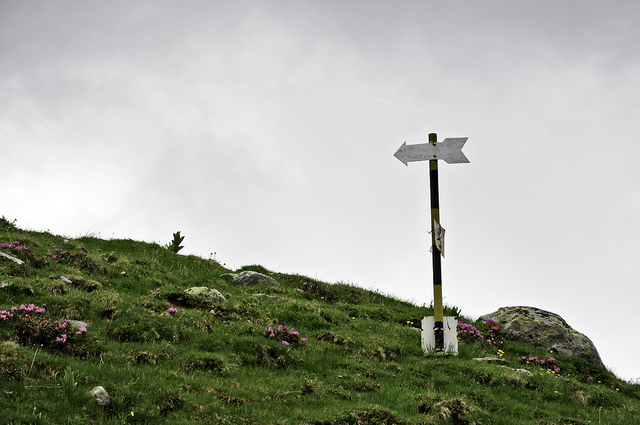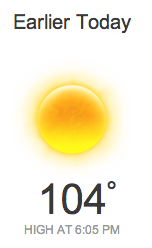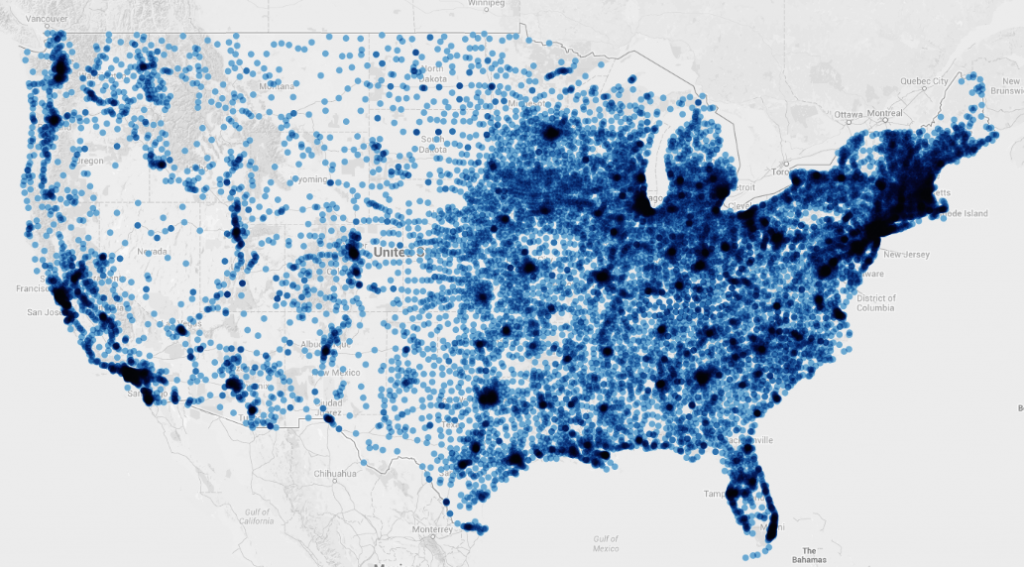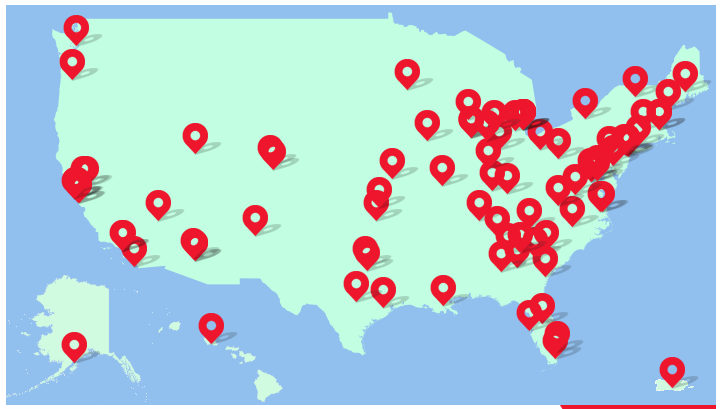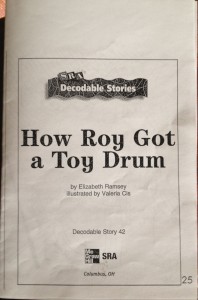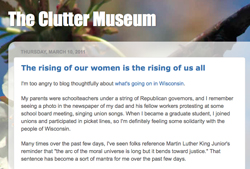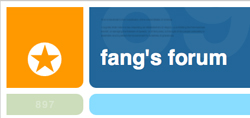A few months ago, I wrote a post about impostor syndrome in academia. Honestly, I don’t suffer from impostor syndrome much anymore, and I like to think this is because I’m confidently eccentric rather than arrogant. But the journey to this point was long, peppered with lessons that sometimes were revelatory in the moment and sometimes only with hindsight.
This worry about being called out as a fraud is on my mind right now because I’m studying for my next project, a two-week internship with one of my favorite authors. (It may surprise you that he’s among my faves.) I’m not feeling so impostory about this opportunity, but it’s exactly the kind of opportunity that would have freaked out an earlier version of me, and there are people much younger than me participating, and some of what they’ve said suggests they might be feeling a bit out of their league. Hence, my thinking about impostor syndrome.
In particular, I’ve been recalling a couple moments from grad school. Even in the thick of my cultural studies degree, the language of that field, and the accompanying opacity of its concepts and paradigms, was a source of frustration and stress. I suspected I needed to learn the lingo to communicate with future colleagues, but at the same time I resented the sheer incomprehensibility of many of the articles and books I read–especially since once I learned to translate the diction, syntax, and rhetoric into my own tongue, I realized they were unnecessarily inaccessible to laypeople, even as the authors often championed the democratization of knowledge and equitable distribution of resources.
So. . . We were reading something by Derrida–I think it was Given Time: I. Counterfeit Money, though I may be misremembering. Much of what we had read in our other seminars referenced Derrida, but I’m not certain how much of Derrida’s work itself had been assigned to us. Still, people cited Derrida and his ilk in our wide-ranging seminar discussions, making allusions that passed far above my head, and I felt as if I had read all the wrong things. So when it came time to read Given Time, I pretty much just wrote off that week’s discussion, figuring I’d once again be dog paddling among much more accomplished swimmers in the deep, ever-churning pool of critical theory. Each week, the professor required us to write a two-page response to the readings, and despite my reservations, I took this one as seriously as the rest because I knew Derrida mattered quite a bit to the other students in the course.
Imagine my surprise, then, when I ran into the professor before class, and she thanked me for my thoughtful response paper–not because my ideas on the book were especially worthwhile, but because I was the only one in the class, she said, who engaged with the book’s content. The rest complained about the book’s abstractions and its opacity of language.
In this scenario, is there an impostor? Some might say yes, and it’s the other students. One of my criticisms of cultural studies, at least as represented in the courses I took and the readings assigned in them, is that few people seemed to go to the source. Lots of people would reference Derrida, but I realized after this experience that in our class discussions no one was actually citing any specific work by Derrida, only concepts they had probably gleaned from reading secondary works. Does that render impostors of the students who lionized Derrida in discussions but crumpled in the face of a sustained piece of writing by the man?
I’m not so sure. It’s been so long now that I can’t remember all the details of students’ resistance to Given Time, so perhaps they saw the work as a departure from Derrida’s best thinking, and that’s why they balked. (From my current perspective as a professor, I suspect that’s probably a far too generous assessment of the situation.)
The lesson I gleaned from this experience–and it’s one I’ve had to learn again and again, though I think maybe (maybe) I’ve finally internalized it–is that as long as I put in a serious effort to do good, reflective work, I shouldn’t have any reservations about sharing my authentic intellectual or emotional response.
A few years earlier, in a different graduate program, I had to read The Black Atlantic, which I also found opaque, just as much because I found it poorly written as that I was ignorant of most of its allusions. Before the first of two classes in which we were to discuss the book, my fellow students complained about the work, finding similar faults with it. One student admitted throwing her copy of the book forcefully across the room. But when the professor asked us what we thought of the book, and I leapt in with my assessment, the other students didn’t back me up, which I found kind of humiliating, as they then went on to praise the book. I sat quietly the rest of that class and the next one, during which we also discussed The Black Atlantic. It was only at the end of that second class meeting that the professor admitted he shared my view of the book.
Of course, I had already sat through six hours of class totally doubting not only my interpretation of the book, but also my entire education up to that point and my decision to pursue this degree. But I ended up excelling in the course and came to find the field (American studies) particularly felicitous for someone with my academic training and perspective.
Similarly, when I took my current position in a history department, I was worried I would fall flat on my face because I didn’t have even the knowledge of the past that a junior history major might have, let alone the depth of understanding of a history Ph.D. Fortunately, we live in an age where information about the past, including primary source documents and thoughtful interpretations of them, is often easily accessible. In the classroom, I admit my shortcomings to my students–I’m not a content expert–but I also emphasize that the practice of history is at heart an amalgamation of curiosity and interpretive chutzpah, tempered by available evidence. I’ve come to focus on the process of doing history (not only in the classroom, but as a research topic in itself) because it’s where I am right now; I’m still learning the process myself and trying to model it for students. I don’t have a separate classroom persona who is an expert on the past, and I’m surprised as anyone to discover that being authentically myself in the history classroom and in other academic and quasi-academic contexts is really paying off.
Reflecting on values
Fortunately, there are ways to decrease feelings of impostor syndrome that don’t involve an emotionally punishing 15- to 20-year sojourn through academia. Earlier this summer, I attended AdaCamp San Francisco, which opened with an exercise to decrease feelings of impostorhood. Basically, the premise is that if someone’s impostor feelings arise from stereotype threat–“the tendency of people to perform in ways that confirm stereotypes of groups they identify with, such as women performing worse on a math test if its mentioned that the test is looking for gender differences in performance”–writing about her values prior to the anxiety-producing event (a public discussion, a job interview, writing a résumé) will lead to “a more realistic, positive assessment of [her] own ability and achievements.” You can download the exercise worksheet, which includes a sample list of values, to use on your own, in your courses, or at events you’re organizing.
Partly because I’m naturally inclined to reflection, and partly because I’m participating in Marci Glass’s Starward project (my word is calling), I’ve been thinking about both values and the qualities I’d like to have more of in my professional life. Among the qualities I value are:
- congruity between thought and action/a greater alignment between how I want to spend my working hours and how I’m actually working
- synthesis of my various interests, and clarity in articulating them to others
- experimentation with new knowledge and the fluency that comes from regular practice of emerging skills and vocabularies
- receptivity to new opportunities
- financial stability
I also want to share my gratitude for the qualities already abundant in my professional context, as they all contribute to my current freedom from impostor syndrome:
- autonomy
- supportiveness
- collegiality (and especially humor)
- enthusiasm
How far these are from what I valued–or thought I should be valuing–in my grad school years: competence, confidence, mastery, seriousness. Every time I think I’m stagnating intellectually or professionally, I need only remember where I was a decade ago. I’m grateful for the opportunities for personal and professional growth, and I’m committed to seeking out more of them.
And you?
I’d love to hear your thoughts on or experiences with impostor syndrome and shifting (or deepening) values, regardless of where you do your best work (academia, industry, freelancing, art, parenthood, etc.). Leave ’em in the comments, or write a blog post and link back to this one so we can continue the conversation.
image by Horia Varlan, and used under a Creative Commons license
